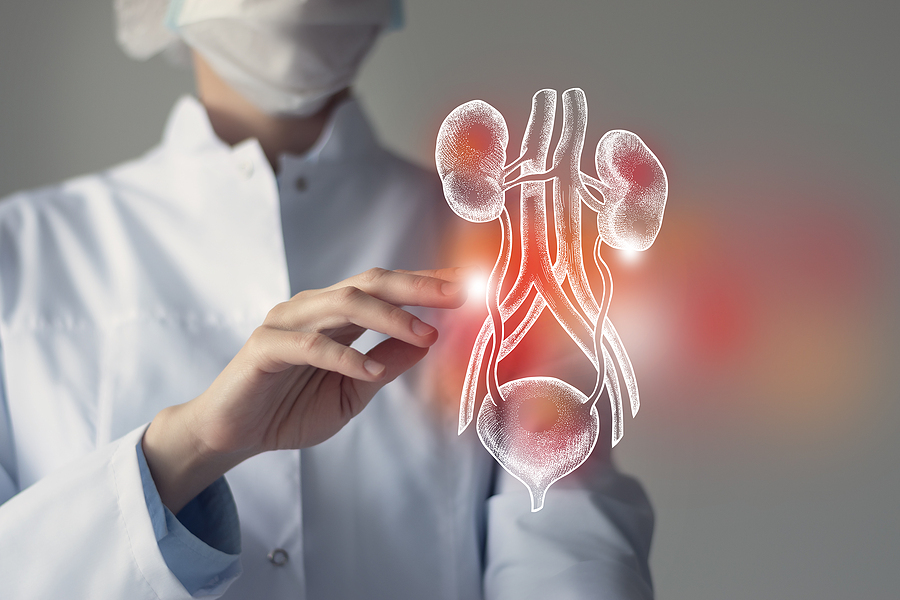
The kidneys are tiny organs. Every day, they process over 200 quarts of blood, removing excess water, waste products, and toxins and keeping the body running properly. Suppose the kidneys cannot remove toxins and waste from the body. In that case, they will accumulate and impair the proper function of the kidneys, liver, and other organs, resulting in weariness, stomach pain, headaches, water retention, and other issues. Toxin and waste buildup can also cause kidney stones, masses of crystals, or unprocessed minerals that can grow to the size of a golf ball. You should cleanse your body of toxins and waste for various reasons.
Cleaning your kidneys, for example, enhances their function and minimizes bloating. Similarly, detoxifying your kidneys enhances your ability to metabolize specific foods, absorb nutrients, and convert food to energy, minimizing weariness. Flushing away trash and toxins reduces the risk of infection and bladder issues. Similarly, purifying the kidneys lowers the risk of painful kidney stones, corrects hormonal imbalances, and avoids skin breakouts like acne, eczema, and rashes.
- Consume more water
Every organ, including the kidneys, requires water to function correctly. With filtration as their primary function, kidneys need water to produce urine, transporting toxins and wastes from the body. Low urine volume has been associated with renal disease, including kidney stone formation. The typical daily recommended amount of water for males is roughly 4L and 3.1L for ladies. If you still need to fulfill this standard, you can focus on it throughout your kidney cleanse and incorporate it into your everyday practice.
- Cabbage
Cabbage is high in fiber, folate, and vitamins B6, C, and K. The fiber in cabbage and other leafy greens decreases nutrient retention. This allows the liver and kidneys to process the inflow into the circulatory system. Fiber prevents glucose spikes, which are a significant cause of kidney damage, and it also aids in the removal of toxins from the digestive tract. Vitamin K is essential for proper blood coagulation. Furthermore, cabbage has a variety of phytonutrients that function as cell reinforcements and anti-inflammatories.
- Incorporate Omega-3 fatty acids into your diet
Consume additional omega-3 fatty acids to balance out excessive omega-6 fatty acids, as high omega-6 levels have been related to an increased risk of kidney stones. Furthermore, omega-3s may reduce your chance of spilling protein via your urine, a disease known as proteinuria. Docosahexaenoic acid (DHA) and eicosapentaenoic acid (EPA) are the two most important omega-3 fatty acids. You can consume fatty fish such as salmon, albacore tuna, anchovies, and mackerel or take a high-quality fish oil supplement. Flax seeds and oysters are also high in omega-3s.
- Beets can be juiced or added to salads
Beets include a chemical known as betaine, which may enhance the acidity of your urine, benefiting your urinary system. It may help reduce your risk of kidney stones by preventing the development of calcium and struvite (a substance generated by bacteria in the body).
We hope this information was helpful; please let us know how you detox your kidneys.
